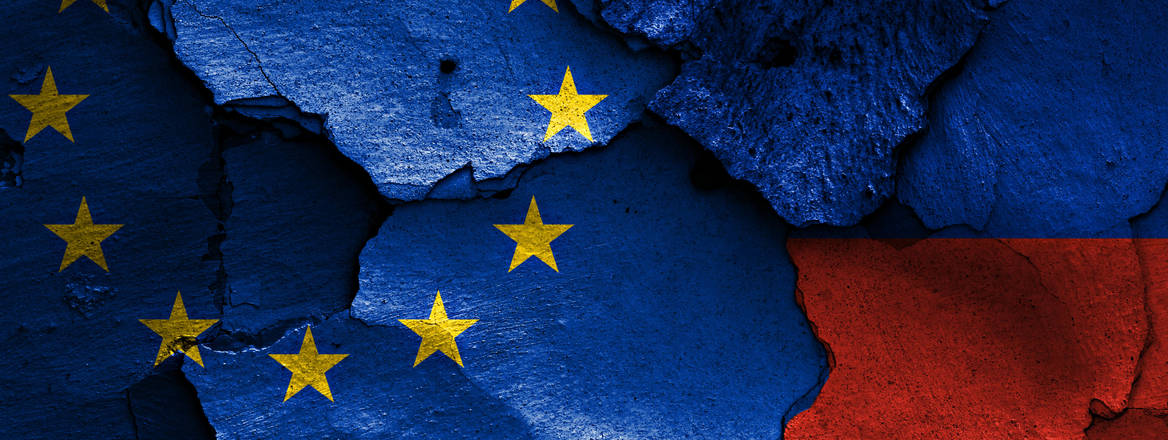EU Strategic Communications to Support Sanctions Against Russia
This paper examines the question: How does the EU use strategic communications to persuade third countries to cooperate on sanctions? The paper analyses how the EU is using arguments linked to upholding values and appealing to the interests of third countries.
Diplomacy and strategic communications are key to making sanctions effective. Tackling the challenge of sanctions circumvention requires the cooperation of non-sanctioning (or third) countries, and sanctions diplomacy plays an important role in persuading them to cooperate. This paper offers a data-driven analysis of the EU’s strategic communications on sanctions against Russia, showing that the EU relies mostly on addressing interests (such as EU accession and economic interests) and framing support for sanctions as economically or politically desirable for third countries. To a lesser degree, values also play a role in the EU’s outreach, mostly in relation to protecting the principles of international law. This is in line with EU foreign policy’s broader shift to focusing more on interests.
On the issue of sanctions circumvention, EU sanctions diplomacy applies a ‘stick and carrot’ approach to both warn third countries of the potential negative impact on their economies if they allow such activities, and praise the efforts of countries that pledge to tackle circumvention. This communication implies that becoming a platform for circumvention can lead to reputational damage, resulting in fewer investments.
However, the EU takes a different communication approach towards EU candidates than towards other third countries. Regarding the wider set of third countries, the EU generally accepts their wish not to align on sanctions, and only aims to compel them to tackle circumvention. On the other hand, EU candidate countries are reminded of their commitment to align with the EU’s Common Foreign and Security Policy as part of the accession process, including alignment on sanctions.
On values, the EU links cooperation on sanctions to defending the values of international law, offering third countries an opportunity to frame their support for sanctions as a way to help uphold the principles of international law, rather than framing them as explicit measures against Russia.
The EU should focus on tracking policy developments in third countries, following their pledges to tackle circumvention, and adjust EU sanctions diplomacy accordingly. The EU should also resort more strongly to highlighting the requirement for EU candidate countries to align with sanctions. For other third countries, the EU should offer framings that highlight international norms and explore different options, such as environmental concerns surrounding Russia’s shadow fleet.
WRITTEN BY
Balázs Gyimesi
External Relations and Communications Manager, RUSI Europe
Communications and Marketing


